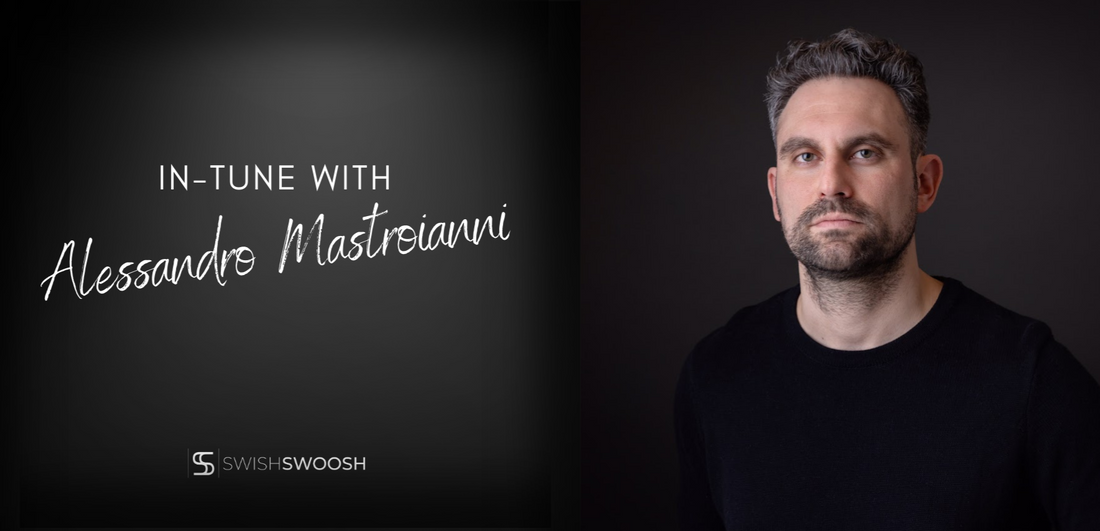
In-Tune with Alessandro Mastroianni
Alessandro Mastroianni (AM) is a multifaceted audio professional with a rich and diverse career spanning music composition, sound design, and game audio. He's known for his ability to jump between various roles seamlessly, whether it's writing music for feature films and video games, designing custom virtual instruments, or creating sound effects for game audio.
In our interview, Alessandro discusses how he enjoys the variety in his work, which includes composing music for media, creating commercial virtual instruments through his company Sonora Cinematic, and collaborating with companies like Krotos and SwishSwoosh to develop innovative audio tools. Despite the complexities and occasional exhaustion from switching roles, Alessandro finds joy in the dynamic nature of his career and the creative freedom it brings.
View the full video interview below:
We were trying to come up with an intro for you and we were quite stumped, to be honest with you, because we just cracked a joke like okay, that person finished the main quest and he's just doing a side quest there.
Alessandro Mastroianni (AM): Yeah, I'm a bit like all over the place, like I do quite a lot of things. I'm one of those, you know, like when they give you the advice to specialise heavily in something, yeah, I never took that advice. I just like to kind of jump from one thing to the other and I've tried to like find a specialisation, but I think I just like very much enjoy the diversity of doing a bunch of different things that are related to audio.
And so, yeah, I never found a point of focus. I quite like being quite an audio generalist in a way. So, from doing sound design to writing music to working with game audio, it's sort of like, again, I quite like the diversity.
I don't get bored this way. And yeah, like I feel like that all the different fields that I operate in, then in a way influence each other and I kind of like it this way. But yeah, I wouldn't give that as career advice to anybody.
I think it's better if you do specialize in something.
On quite a few occasions, when you explain to your friends what you do for a living, you could say you're a musician, but also an instrument producer, film post-sound designer, and composer. How do you explain your profession to your peers?
(AM): Yeah. So, like, it's interesting. This is something that I've been thinking about very recently because I'm having my website completely redesigned.
And one of the reasons why I'm having my website completely redesigned is that because of the fact that I do a lot of different things, I think it's very confusing for people to talk to me in a box of what I do exactly. And also complicated for me as a professional to bring, you know, like a crazy value proposition of what it is that I do. So, it's something that I've been thinking a lot, like, in these days.
And I think that the conclusion that I came to is that I basically do three things that you can divide into sort of like three big boxes of areas that I work in. The first thing is that I write music for media. This is the thing that I started with and probably still the thing that I do the most.
So, I write music for after writing for feature films. But then I did, like, B-series initially. I have four feature films.
I've done music for a couple of video games. I write some production music. I've written music for quite a lot of ads.
So, yeah, that's part of the music proposition. The second area would be sound design. And with this I mean sort of like musical sound design.
So, I do a lot of programming for other people. I create lots of custom instruments for other people and other companies. Oh, I'm sorry to interrupt you.
Yeah. So, yeah, like I was saying, like, I do a lot of scene programming for other people and create a lot of custom instruments for other people.
And that is something also that I've been doing since 2016 more or less. And in 2021 I also started my own company that is called Sonora Cinematic where I started doing this, basically creating commercial virtual instruments that people can buy from my web store. But before Sonora Cinematic, I did it for a very long time as a business-to-business thing, in a way, so like creating custom things for other composers.
I've done that on quite a few projects that, if you want, we can talk about. And then the last thing that I do, the third compartment, in a way, is game audio and that kind of sound effects. And the game audio thing stemmed out from creating lots of sound effects.
I collaborate a lot with Krotos (https://www.krotosaudio.com/), which is a Greek company which is based here in Edinburgh and does a lot of things for sound designers, both for games and posts. And sort of me doing game audio sort of stemmed out from that collaboration. So these three things, most people specialize in one. @Krotos Studio - Elevate Your Content with the new Krotos Studio
I sort of have a lot of interests when it comes to audio and I was never able to quite, you know, point to a specific thing. And I quite enjoy the diversity of doing them all. Maybe one day there will be one that will be, you know, taking over the others.
But yeah, for now, this is how it works. I would say that maybe, so game audio is at the specific moment is probably what I do the least of. So last year I was doing quite a lot of that.
And now in 2024, I've been doing a lot more music and musical sound design. So it kind of depends. There is like one year when one thing takes over the other two.
But yeah, in general, I sort of like keep doing all these things together. And yeah, it's been working out okay for me. But yeah, it comes to a cost of...
Well, first of all, it's very tiring to sort of like switch your brain with your sound design hat and then your composer hat and then your game audio art. But also it becomes complicated in terms of communicating to people what you do. Because obviously all these things serve pretty different markets and appeal to very different potential customers.
So that has been my challenge in recent years. How do I communicate that? Thankfully, I still have like a decent network of clients that I work with.
But yeah, that has been like the other side of the coin of doing so many different things in a way.
So a non-audio friend asked you, what do you do for a living? Can you still say musician afterward?
(AM): Yeah, I'm not sure I can. Well, first of all, like with musician, I picture someone who is very good at playing an instrument. I play quite a lot of instruments, but none of them at the level where I would feel comfortable performing live unless it was like playing in a punk band, playing guitar in a punk band as I did when I was younger.
But I don't think that I have that aspect. I'm more interested in the production and writing music. And then there is also the sound design aspect of it.
So yeah, to answer your question, I don't know if I can say that I'm a musician. I think that's part of it. I do feel a musician because I do have like a fairly extensive music background.
I studied composition. I studied orchestration. I took some classes in conducting orchestras even.
So I do have that part of it. And I'm a graduate of Berklee College of Music. So I hope I know something about music.
But I don't think that musician is a good definition for what I do, at least in the mind of the average person. Or maybe it doesn't have a direct insight into the industry, if that makes sense.

Would you say your enjoyment of the process is key to your success in creating virtual instruments and other projects?
(AM): I mean, I get that as well. I mean, don't get me wrong, I'm not happy all the time. As you saw from that video, one thing that I hate about these things is how much admin and business development and things like that go into doing this job.
The diversification is something that is necessary in terms of making a living, definitely. I think that people have a very confused idea of what it means being a professional musician. They think that there is nothing between the guy that has a day job and then on Sunday plays in a pub and Hans Zimmer. But the truth is that there is a world of middle class musicians and audio artists that are in between.
They think that there is nothing between the guy that has a day job and then on Sunday plays in a pub and Hans Zimmer. It's either one of those two things and it can be Hans Zimmer or Billie Eilish or whatever pop star you want. But the truth is that there is a world of middle class musicians and audio artists that are in between where I definitely sit.
And to do that, you just need to diversify. I mean, it's just like the reality of it. I think that we all, in a way or another, find a way to diversify.
And these were just the things that I happen to be passionate about and the things where I invested time in, essentially.
Backtracking on diversifying sources of income and doing the things you're not necessarily would love to do or maybe you do. Omnipresence on social media. I'll tell you a story. When I see your face on YouTube, I just click watch later. I don't even read the title because I know there is probably going to be something interesting there.
(AM): Thank you.
Do you find social media enjoyable, considering its omnipresence? Has it become a necessity for you, as a small business owner in the audio industry, despite the lack of direct financial return from platforms like YouTube?
(AM): I think it is a necessity. The problem with that... I have an extremely small YouTube channel.
The bit that I find hard is that, like many things, when you don't see a direct reward, making a video for YouTube takes a long time. I'm a person that, as you saw from that video, I track absolutely everything that I do work-wise. The smallest video that I produce is still going to take me seven to eight hours from shooting and thinking about it and editing it, up to 20 plus if I'm making a longer video.
That is a big investment in time. You don't get a paycheck at the end of the video. You deliver that video to a client and they pay you.
You need to put it out there just hoping that it does something. That is hard because you do have that frustration of not seeing a direct reward. However, I do it because, first of all, I really like it.
I just find it very fun. I wish I had more time for it. In fact, I have a video right now that I've been working on for ages just because it's been sitting there and been writing the script and I've never managed to do it.
It's basically an exploration of classic synth strings sounds. Starting from the classic string sounds of the 80s in horror movies and how you can modernize that sound.
I've done a lot of research for it. I think it's going to be very good. I've been working on it for months because basically I work on it for a couple of days and then I need to stop and go do something else.
I don't know if you'll ever see the light of day. Like all things, it just takes a lot of time and it's frustrating that you need to prioritize it. Prioritizing it means saying no to other jobs, which is financially a problem.
I do like to answer your question, which is if I still enjoy it. I do enjoy it, definitely. But I also find it very frustrating not having enough time for it.
The other thing that I would say is that I certainly like more creating that type of content, like a YouTube video, rather than creating the average Instagram post or LinkedIn post. I do like the longer form, 10 to 15 minutes videos, but unfortunately that also means that they take a long time to produce.
Like the video like how I track my time as a composer, that thing, as an audio artist in 2023, whatever I called it. That is a video that I put out more for myself than for the audience because I quite like to, first of all, it's something that I do anyway.
I would just do it to see, you know, I think that data is very important in business, right? Because, you know, you can analyze it and you can know what sort of like lever to pulls. And also, you know, if you want to do something, if you aspire to do something different, then you know what to tweak if you have the data in a way.
And I filmed it and put it on YouTube just because I wanted to have a reference for myself, you know, to go back to and in 2024 see what was happening. And for example, I've been thinking about that video quite recently because last year I spent quite a bit of time writing a book, which I mentioned about, which I mentioned in the video. And now in a couple of weeks ago, after a lot of thinking, I decided that that book is not going to be a book anymore, but it's actually becoming a bi-monthly blog, which I'm launching in a month or two.
So it's interesting how these things then they change. And so I quite like having something somewhere, in this case, a video on YouTube that I can refer to and see how things change and how we change things, essentially, and how that affects my career in a way or the other.
Click image to visit Alessandro's youtube channel and view the video that he created for Amber
The distinction between your personal YouTube channel and content created for Krotos or Sonora Cinematic is quite intriguing. Your personal channel seems to reflect something you genuinely enjoy, regardless of its reception, whereas the promotional content for Krotos appears more driven by necessity. How do you perceive this difference?
(AM): Well, Krotos is a very different thing because Krotos is not my company. Krotos is like a much larger company that is based here in Edinburgh and they specifically hired me to make those videos. So obviously that is me doing a job for a client, right?
So that is completely different, which doesn't mean that I don't make it passionately. I had lots of fun with the Krotos team and I think we made some pretty fun videos, but there is more like a team behind them, right? It's not just me deciding to make a random video.
It's more like we go there with the team and then I am the person. In those cases, I haven't done a video for them in a long time, actually, but the idea there is that I am the face that gets in front of the camera and showcases these products, which I haven't designed, I haven't had any saying in. Whereas Sonora Cinematic, obviously I have way more control because that's my company and I do whatever I like.
And yes, as you say, my personal YouTube channel is just a dump where I literally put everything that I want. If I feel like doing something, I just do it. So that is also obviously the reason why it's not a big channel.
It's very against the algorithm, right?
Aria’s finally released. And the story behind it is this: you said that it was, essentially, in the works before you decided to release it commercially. And I was talking to SwishSwoosh about their virtual instrument. It's the same story, they said that they created an instrument out of necessity, and later decided to share it with the world.
(AM): Yeah. So in general, this is not something that happened necessarily just with Aria. I have been making sounds for myself forever. I've started with Kontakt and then I pretty much used all the other platforms, but Kontakt is still the main one. I think that there is something very, very interesting in making your own instruments.
I have a folder with probably around 200 single little instruments that I made for myself to use in a project or the other. And Aria Vocalscapes specifically came from two things. The first thing is that every instrument that we made so far has been its own Kontakt engine. So we started it completely from scratch, the only exception probably being Mezza Coda and Verticale, our two pianos and they kind of use the same engine. But other than that, we always made a brand new engine from scratch. And this is obviously annoying for both a workflow and financial reasons.
You need to re-develop everything from scratch, which also means that for the final user the cost of the library is going to be much higher. And also that puts us in a limit on how fast we can release. And we have a lot of things that we want to release.
So the idea was to make an engine that would work as a base for a few of our instruments. And we have four plans so far that are going to use the Aria engine, but hopefully more in the future if they're successful. And so Aria Vocalscapes is simply the first instrument that was using this engine. And Vocalscapes specifically comes from the fact that my wife is a singer and I use that on a lot of projects, even in places where you wouldn't be able to say that there are vocals.
Sort of creating these textural voices that are very in the background, but work very well to fill up spaces. And it's cool that they are organic material that you can manipulate into pads and things like that. And I had a lot of those patches that ended up being recorded somewhere, but we re-recorded them all to match the signal chain and the overall sound of Aria Vocalscapes.
And so, yes, that was born out of necessity, in the sense that it's something that I did on a lot of projects and then finally put a library of this stuff together. I was saying in the live stream, there is a song that I wrote called Vulpecila, which is a song that is included in Stars number two, an album by Bleeding Fingers, which is published by Extreme Music. The first part, no one would be able to say, but it's pretty much all guitar and vocals. There are like a couple of guitars and all the soundscapes are all vocals. And, I recently opened the session out of curiosity and there were like 65 vocal tracks in the first part. It's just a layering of vocals.
And we had a lot of fun doing that with Emma, my wife. And so essentially we just recorded the library and it's done very, very well. In terms of number of copies sold it’s the third bestselling library, but has been out only for three weeks.
It sold more in the first three weeks than instruments that have been out for two years, which is incredible. It did very well and I'm very happy about it.
Hopefully it's a bit more affordable than our other instruments. And I am very proud of it. I think it sounds really, really good and I use it myself a lot. So yeah, I'm very happy about that one.
Creating a virtual instrument. It doesn't seem to me like something you can just easily jump into. So do you have any background? Clearly, you're committed to it, so you probably learned some coding.
(AM): I got into making virtual instruments in a very funny way. As I said, I've been doing little instruments for a very long time, but those had no interface… nothing.
It's just a bunch of stuff that I sampled then thrown into Kontakt. That was as far as I went. The way I got into making instruments with an interface, with a custom script that eventually got into Sonora Cinematic started because I got a phone call from a very good friend of mine. He works at Spitfire Audio and he was called by a company called Massive Music to, essentially, create a custom instrument for their team of composers.
“I know that you do that. Would you like me to give them your contact because I'm too busy with Spitfire Audio?” I said yes, absolutely fine, happy to do it. And then I spoke with these guys and actually they DID want a custom code and a lot of stuff!
So, I said yes anyway. “But could I bring a friend on board who knows what he's doing?” And I called Jaap, a very good friend of mine, the owner of Triple Spiral Audio. He is another very good developer. We did this job together and it went pretty well.
And they called me for three more instruments for three other clients. And so this stuff was not released commercially, that was done for their internal team to use.
Basically working with Jaap I picked up a lot of coding skills. Then I started to do it a bit myself. And in 2020, because it was a COVID project, essentially, I had a bit of free time, I had a couple of projects that got cancelled because of COVID. I thought it would be fun to start my own company doing this. At the very end of December, 2020, we started sonoracinematic.com and that's how it came about. So I have a very weird entry into doing this kind of stuff. I was asked to do it for a specific company, essentially. That [was] not even to [be] released commercially. And then I eventually started to do it commercially, but I've also been hired quite a lot. I still get a lot of people that want me to make custom instruments for them, not with the purpose of releasing it, but with the idea of having their own sounds that they can use on their own project. I've done this on two pretty big video games, which are also unreleased, where I did custom instruments for the composing team.
And another one is Atlas Flutes, which is now a Sonora Cinematic release. But Atlas Flutes was born as an instrument that I for German composer Christoph Zirngibl who was scoring a pretty big animation film in Germany called Mia and Me: The Hero of Centopia. He needed some world flutes and we recorded it together. I coded this instrument and he used it on the film. And then one year after the film was out, we thought that it would be fun to create a commercial version of it. And then we tweaked it a little bit and we turned it into what ended up being Atlas Flutes. Yeah, this was my entry to making virtual instruments.
Click image to discover Sonora Cinematic's Aria Vocalscapes
You've been an end consumer of instruments for a long time, so you've experienced both ends of the spectrum. Are you focusing on anything specific in your instruments, like ease of use or just ensuring they sound good?
(AM): You can find absolutely everything. And so the ethos behind the instruments that I make is always to make something that adds a weird twist to an instrument that is out there. So I put very much emphasis on doing something that sounds very unique, yet usable.
If you get like a Venn diagram, there is the area where there are potentially unique instruments and usable instruments, right? And then there is an area that overlaps. And I think that, that you need to find that area that overlaps, because it's obviously very easy to make stuff that is SO out there that you don't have a market for it, just really hard to use.
I try to find things where I know I can put my unique spin on it. So an example is when we did Verticale, which is a felt piano. Do we really need another felt piano on the market? Because there are hundreds of them, literally hundreds.
And Verticale is one of our best-selling instruments. So Verticale is a felt piano, but it's sampled with four layers of felt. It sounds extremely muffled in a lovely way, I think. And also there is a layer to Verticale where I grabbed a selection of the samples and I passed them through cassette and slowed it down. You can blend in the cassette sound with the four layers of felt. And so you get this sort of very crunchy, mellow sound that I really love and I think is very unique.
So that's what I try to do. Or another example is Harmonic Bloom, which is this instrument that uses the harmonic series in the background. There are a series of bandpass filters and the code works out the frequency of the notes that you're playing. And it places frequencies of all these filters on the harmonics of each note that you're playing. And so in this way, you get these pitches out of noisy material. So you can drag and drop a field recording of a… crowd in a cafe or something and it turns that into a musical soundscape.
I'm trying to find things that are experimental, interesting, fresh, new, but at the same time are also usable for musicians that create scores for media. That is the target that I have in mind. So things that are experimental, yet very cinematic and very inspiring when it comes to music for media.
While we're on the topic of virtual instruments, let's talk about Amber. It fits your description of being unique yet usable. SwishSwoosh shared this story with me: they needed a horror tool and then later decided, since they've already made it, they might as well release it. How did this collaboration come about?
(AM): So I had no Creative Input when it comes to Amber. It is entirely SwishSwoosh creation. [Amber] was their first Kontakt instrument, whereas Aria Vocalscapes is our 11th. We have a bit more experience when it comes to that.
They release a lot of very very good sample packs and they did a lot of collections of wav files both for audio professionals and for game developers, but this was their first virtual instrument. And so what I offered is the possibility of releasing it on Sonora Cinematic. And I helped them with the promotion. I did the trailer for it and I did a walkthrough. I got more involved into the marketing of it. And the reason why I did it is because I think it's an amazing instrument. I think that they really put a lot of really cool sounds in it. And so I was very happy to do it. That said, SwishSwoosh, let's do another one together. If you're looking into doing Amber 2 I'd love to collaborate more on the content as well. Because that is my cup of tea. I like doing this stuff.

Everyone loves talking about tools, right? What are the tools you can't live without, or ones that are essential to your process? And on the flip side, what tools do you find joy in experimenting with?
(AM): I'm thinking of things that I got more recently. I’m a bit biassed because I work quite a bit with Arturia. I love MiniFreak, which is both hardware and software. That is a very very good synth, I ended up using a lot. And same thing with Pigments 5. Some really cool stuff.
I did some factory presets for both these synths, so I was also a bit involved in the sound design. And I really love using those. I think anything by Arturia sounds really cool. One company that I absolutely love is Baby Audio. I think that they are doing some absolutely fantastic things.The others that I've been using forever FabFilter Saturn. A plug-in that I've been using for years and every time that I use it I find something new to do with it creatively in terms of sound design.
I think that latest thing that I bought when it came out is Atoms by Baby Audio. Really good synth. I Absolutely love it.
Here's a hypothetical scenario: suppose there's an AI algorithm capable of creating any tool you desire. What would you ask for? It's essentially a genie granting your wishes.
(AM): [When] I think of AI and “make me a tool” I always think more of practical solutions to things that I hate doing rather than something that is very creative, right? I always think of things that I find very tedious, like anything with the editing process. I've been making a sample library for a company. We recorded it two weeks ago and have been editing all last week and just yesterday I delivered the first part of the delivery and it’s 5000 files. Imagine editing 5,000 files? Any help that comes with these tedious tasks so that I can do more of creative things rather than editing samples. Checking noise floors and Making sure the iZotope RX denoising doesn't eat everything up when you batch process 5000 files. I always think of very practical solutions to things that I hate doing. If I had to think about something very creative I've been really interested in delays recently. In fact, I've been working with a person to potentially make a collaboration on a delay, but it's a very early talk. I'm very interested in modular synthesisers. There is a delay that came out a few years ago called Rainmaker by Intellijel, which is a spectral delay that does a lot of very interesting things and tools like I absolutely love. If someone makes me a software version of Rainmaker which should be entirely possible because it's a digital module, so it should be fairly easy to pass the DSP into a plug-in. I will buy it instantly because I really love the stuff
I agree with your perspective on leveraging AI for mundane tasks. However, there's a spectrum of views within the audio community: optimists, pessimists, and pragmatic realists. Some believe AI concerns are temporary, and it will primarily handle tasks we'd rather avoid. Where do you stand?
(AM): I don't fall. Meaning that I have no idea. In fact, I was at an event a networking event just last night here in Edinburgh and I was talking I had a very long chat with a With the guy who owns a company that is That is working with AI essentially and they're like developing an AI that does a certain thing not in audio so in a completely different industry I Genuinely don't know how to answer that question. I pretty much changed my mind every single day on whether it's going to be a threat or Something that we should that we should welcome.
I think that the only thing that is certain is that it will absolutely change our lives Dramatically that is that is for sure. I think that the revolution is coming Is I think it is gonna be a fairly gradual thing But I think it will happen faster than anyone can can imagine Where there is going to be more of a threat or on an opportunity. I really don't know I think that there are jobs that that will be deeply deeply affected by it But I I don't know I generally don't know is is that is a topic that I've been following and that I'm keeping myself informed on But I hate when people ask me this question because because I'm frustrated.
I just don't know I can't even I can't even begin to formulate an idea on On what I generally think about it because I just think it's so complicated. I It could go either way I Really? I really don't know
The reason I'm asking is because you mentioned working on a text-to-speech project in one of your videos.
(AM):Yeah. I Work with text-to-speech synthesis. Yes Yeah, I did it.
By the way, I stopped working for them in 20 I Was part-time with them for a while and I think I stopped working for them in 2020 and by the way, like I Heard the word AI a lot there, but even four years ago. There was no Assess negative us or positive Association with it in any way, you know So it really changed dramatically even the perception that we have of the word AI in the last three years, essentially I think so like if you want to talk about That there are some specific things that That are problematic In our industry, for example, there is going to be and there is already a massive Problem with with copyright.
That has been the case with the with all the artists that have been there work that they've seen their worked Fed to to machine learning algorithms These are all problems that need to be regulated and I think and hope that there will be regulated So this will be like some more practical applications. But if you ask me to form an opinion on a more General macroscopic level In terms of the negative or positive impact that they're going to have Not on so just on society, but even merely on merely on our On our profession profession on our profession of audio artists. I I don't know.
I don't I can't answer that Yeah, exactly exactly Scientific person.
I'm eager to see how regulations will evolve. Legislation often lags behind technological advancements, but humans are adaptable. Have you experimented with any AI-related tools or toys recently?
(AM): Yeah, I've actually even Done a video I collaborated briefly with with Company called tensor Punk with which I'm actually not sure is still active. I'm sure I'm sure it is There was an AI generated sampler Specifically with drums. They released a few a couple of years ago a version of this sampler that was basically making drum samples It was it was interesting it was very limited though, and I'm sure they're working on doing some Some other things I've used that There is a like an AI Component on on a lot of tools that we use like waves clarity Which is a tool that I use all the time as an AI component to it As I said, I am more keen and welcoming of technologies that Get rid of boring tasks, right like a more for helping Sound editors to get rid of noise in recordings in a selective way And Facilitating the editing process all these things. I'm very much welcome Obviously, you know at what cost we are going to see these things being eliminated that we will have to see.










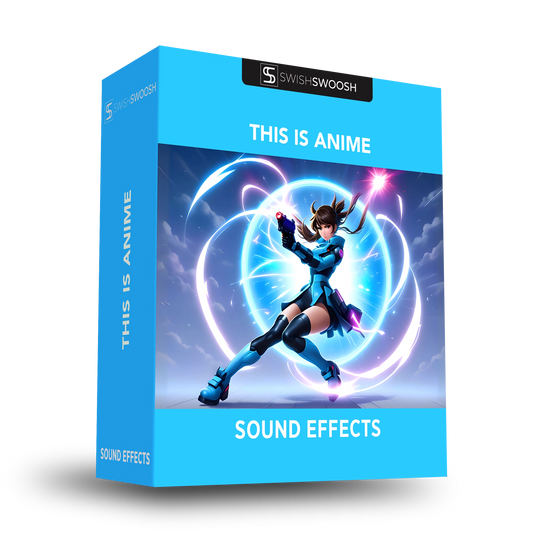
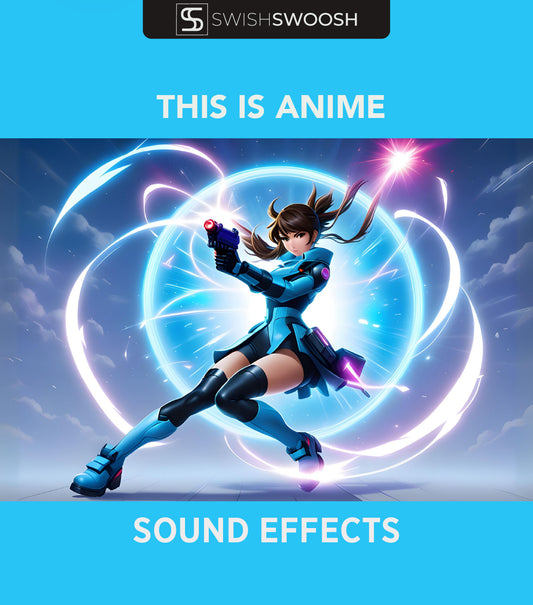
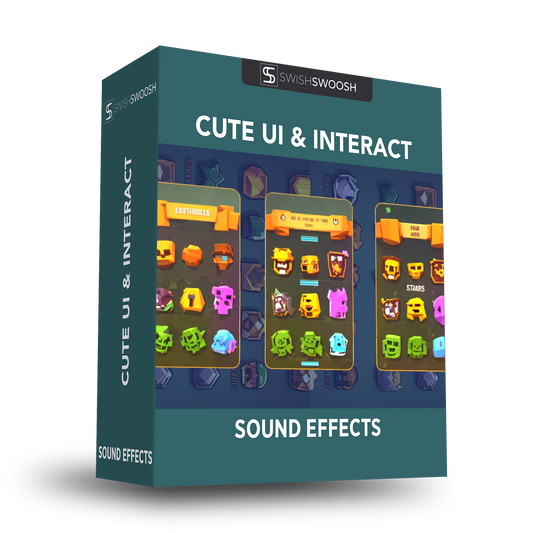
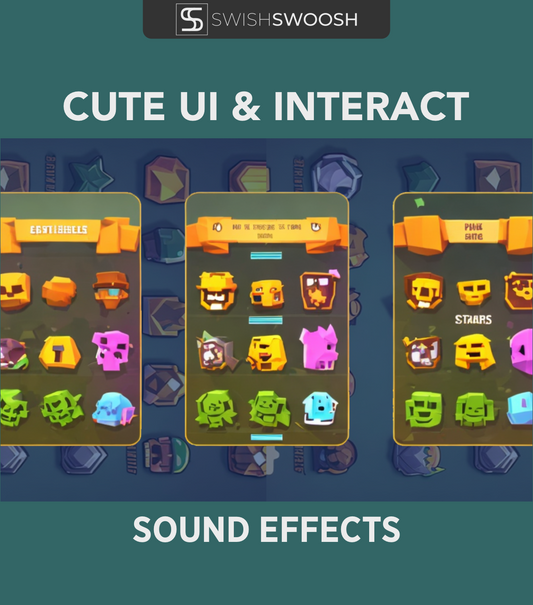
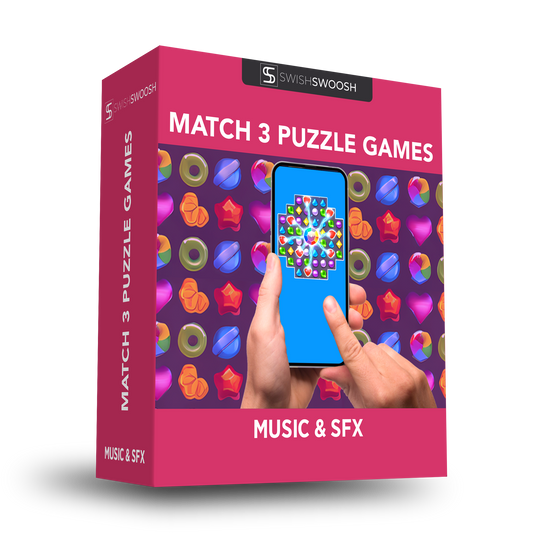
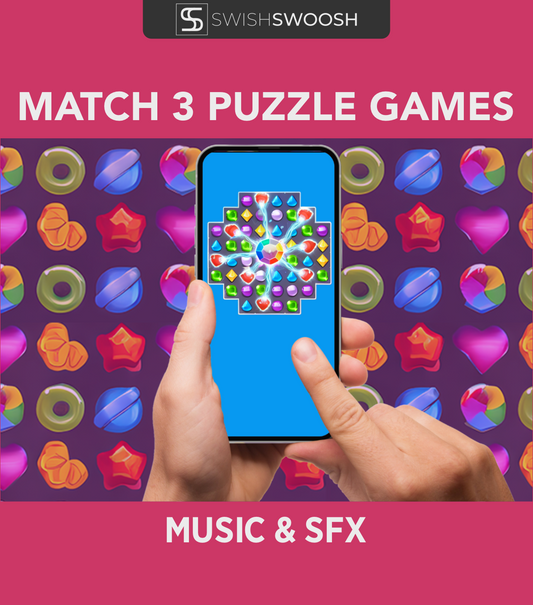
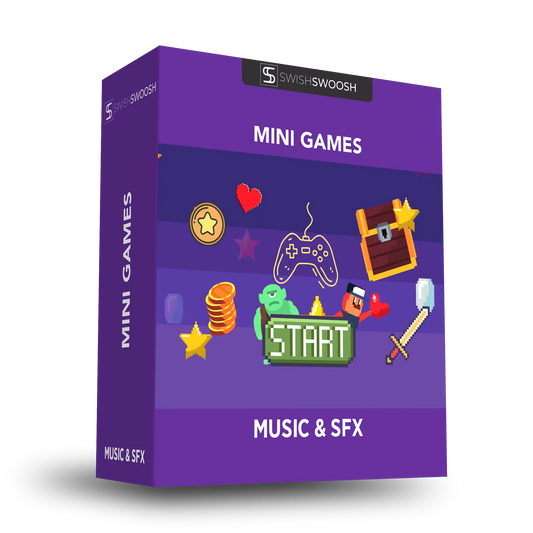
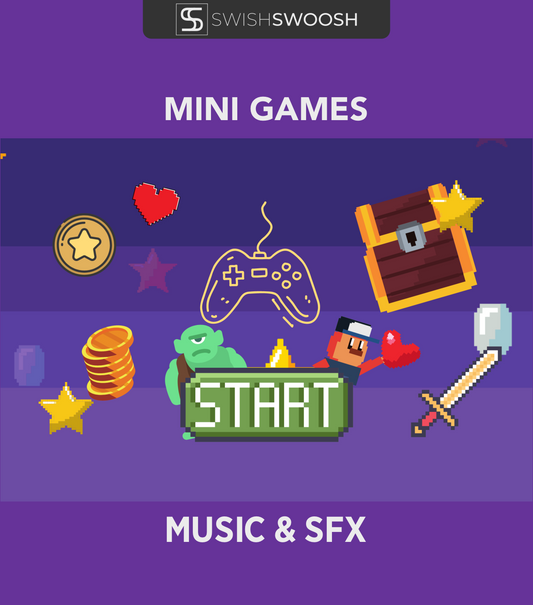
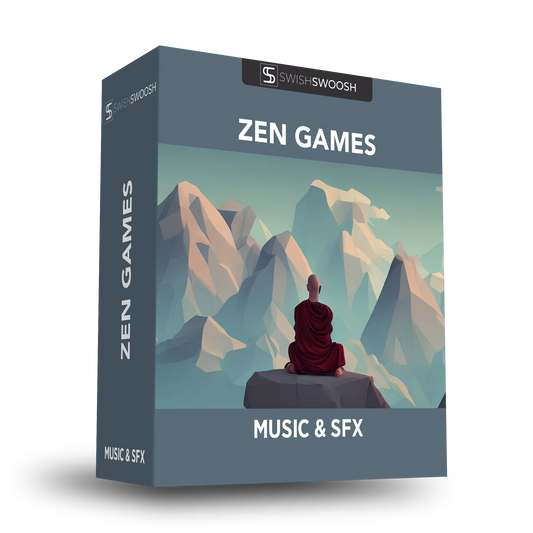
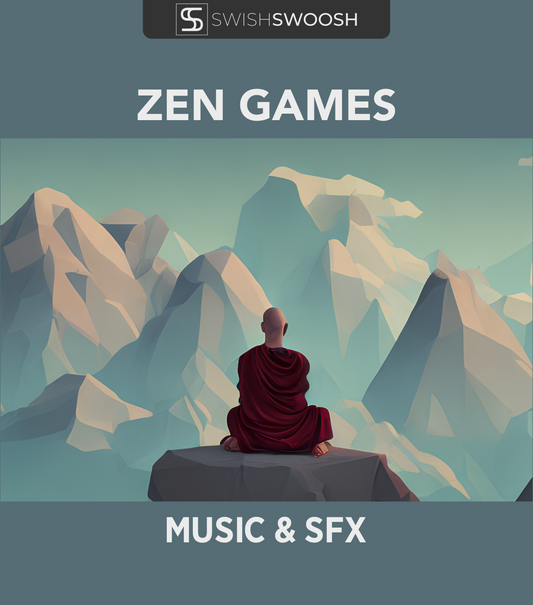
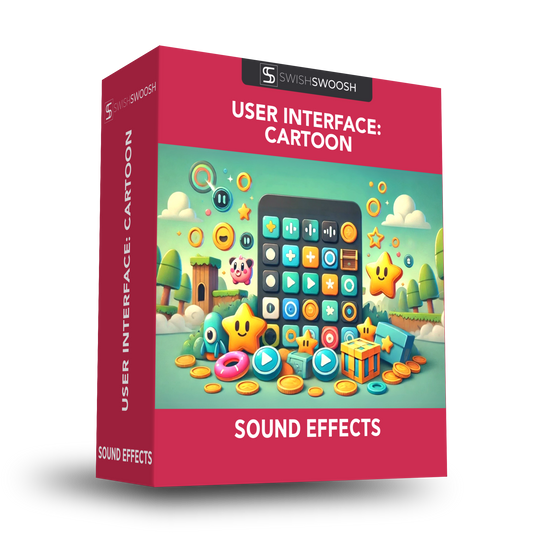
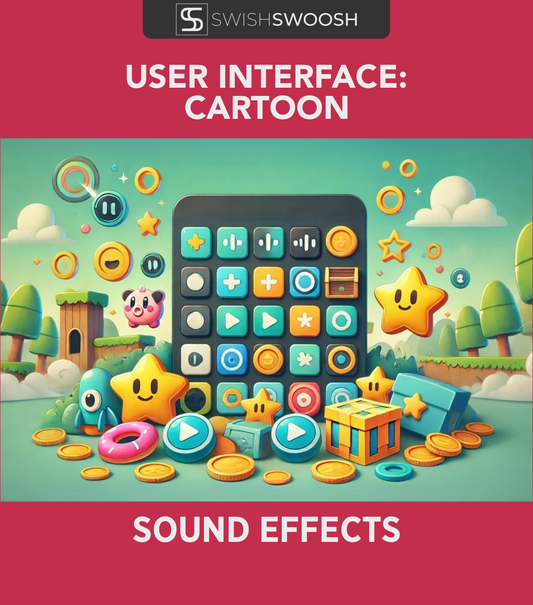
No comments